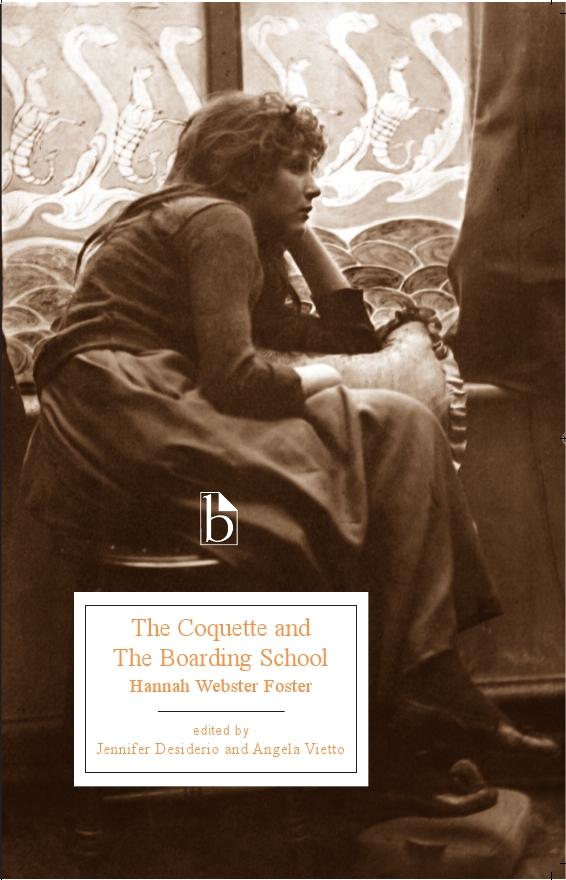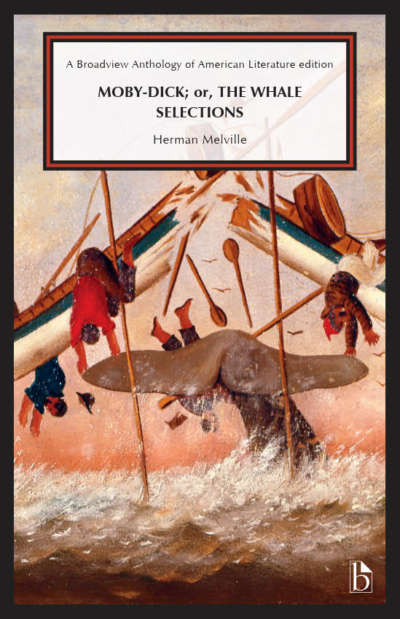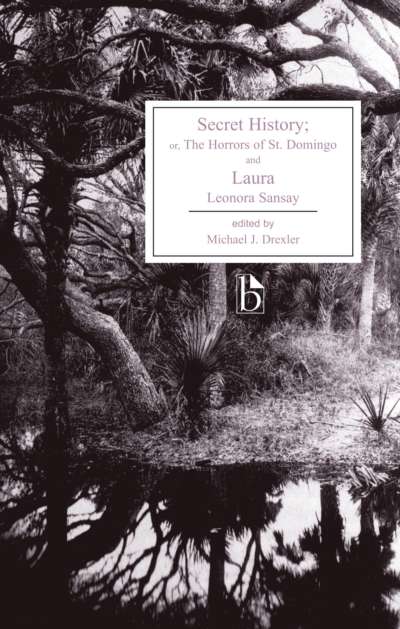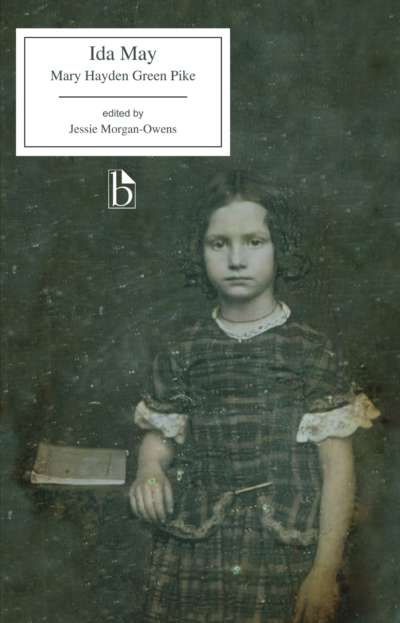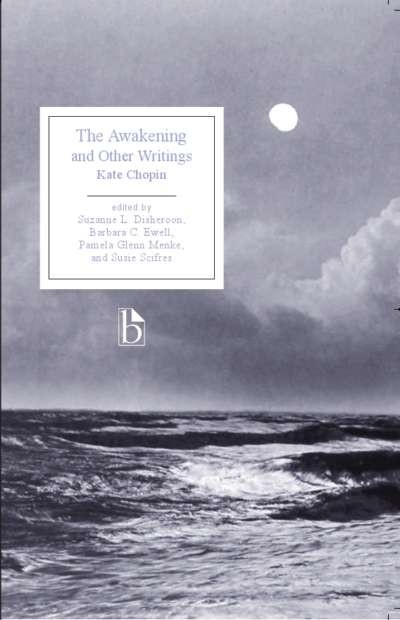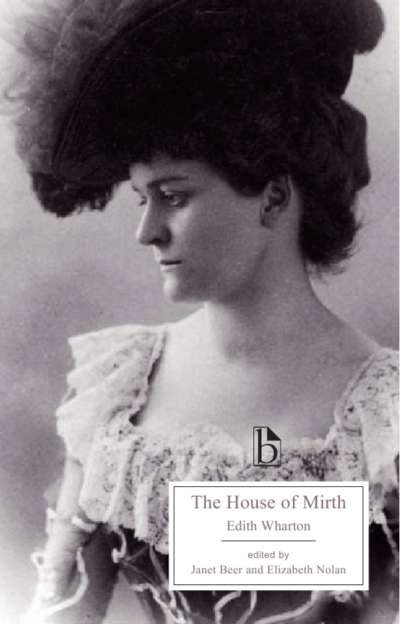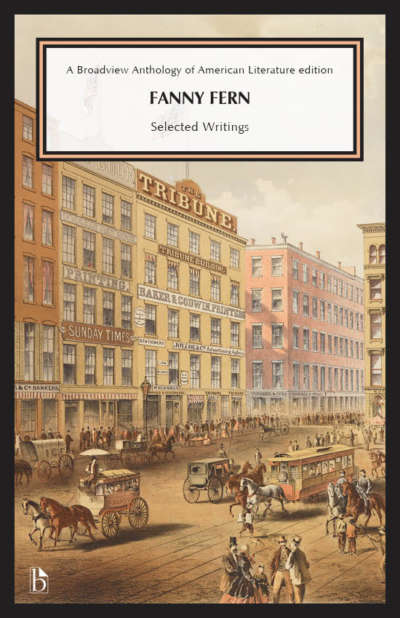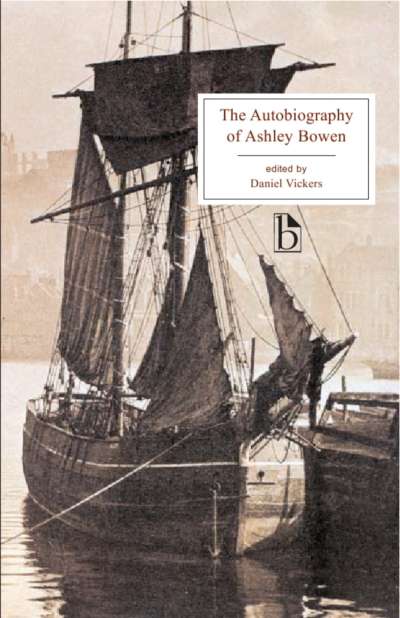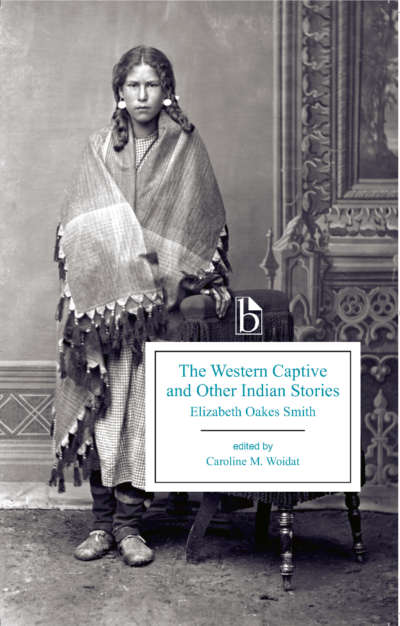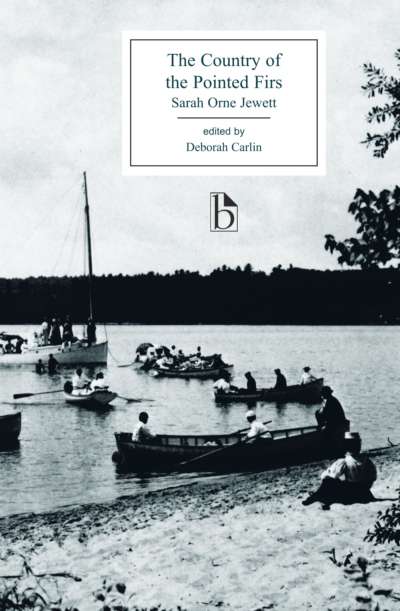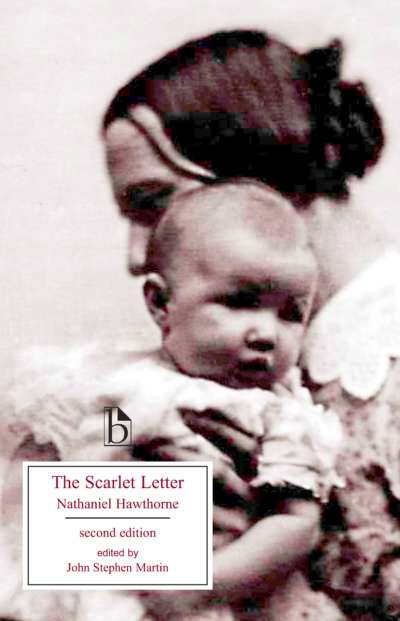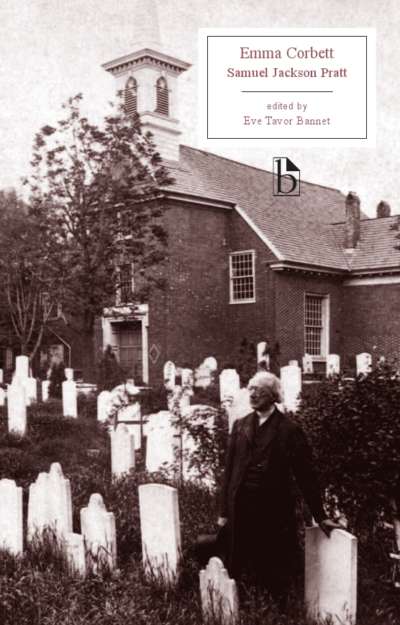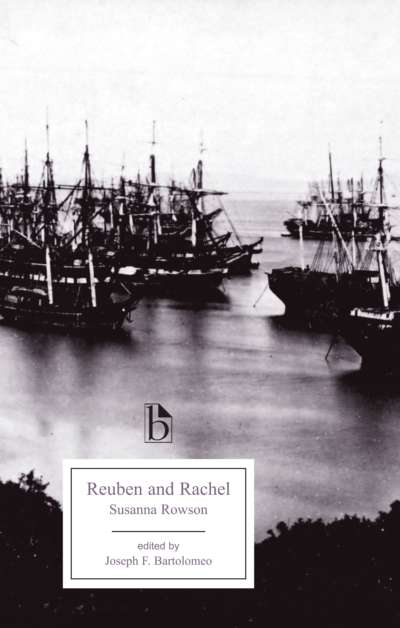
Hannah Webster Foster based The Coquette on the true story of Elizabeth Whitman, an unmarried woman who died in childbirth in New England. Fictionalizing Whitman’s experiences in her heroine, Eliza Wharton, Foster created a compelling narrative of seduction that was hugely successful with readers. The Boarding School, a less widely known work by Foster, is an experimental text, part epistolary novel and part conduct book. Together, the novels explore the realities of women’s lives in early America.
The critical introduction and appendices to this edition, which explore female friendship and the education of women in the novels, frame Foster as more than a purveyor of the sentimental novel, and re-evaluate her placement in American literary history.
Comments
“This is an indispensable critical edition for scholars, teachers, and readers interested in women’s culture and women in the culture of the early Republican period. The editors bring Foster’s enduring novel, The Coquette, together with her subsequent and lesser-known volume The Boarding School, contextualizing both with historical materials. Not only does this double edition honor female voices and female affiliation, but it helps us to view Eliza Wharton’s plight in its larger and less tragic dimensions.” — Ivy Schweitzer, Dartmouth College
“While one might legitimately ask why we would need another edition of The Coquette, Desiderio and Vietto’s volume, which includes Foster’s lesser-known The Boarding School, is a significant new contribution. Not only will it allow us to introduce Foster’s fascinating epistolary work to students, but it also includes a host of other contextualizing materials. Their volume reveals a vibrant portrait of women’s lives in 1790s New England and gives students an opportunity to read two major works by one of the most important writers of early American letters.” — Elizabeth Hewitt, Ohio State University
“This volume puts Foster’s two novels in dialogue and broadens our understanding of both. Desiderio and Vietto’s introduction considers both historical and modern criticism and anchors Foster’s work in studies of the novel, epistolarity, seduction, and women’s education and reading in the New Republic. With an excellent bibliography and helpful notes, this new edition will be useful for undergraduate and graduate courses in early American literature and culture, novels, letters, women’s education, and women’s and girls’ studies.” — Lisa M. Logan, University of Central Florida

